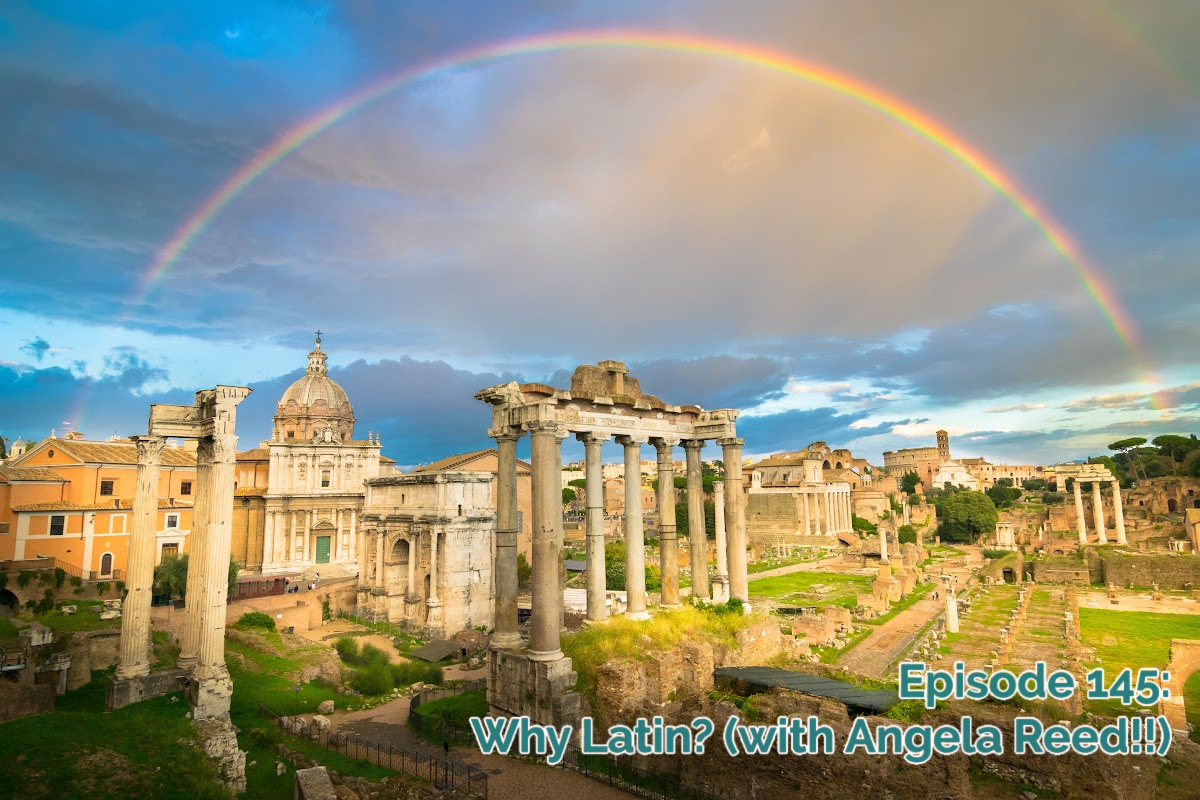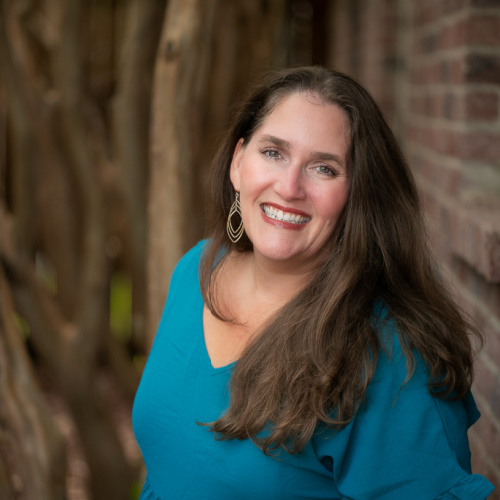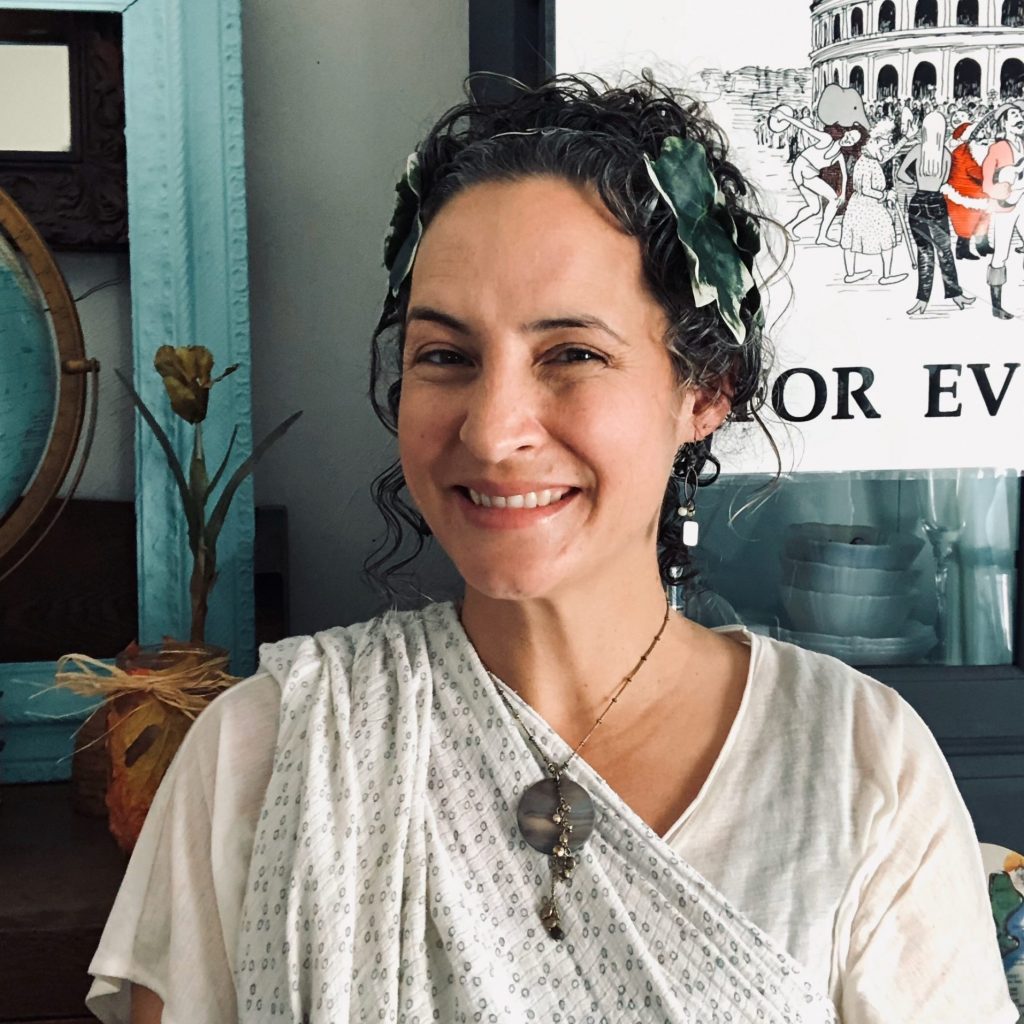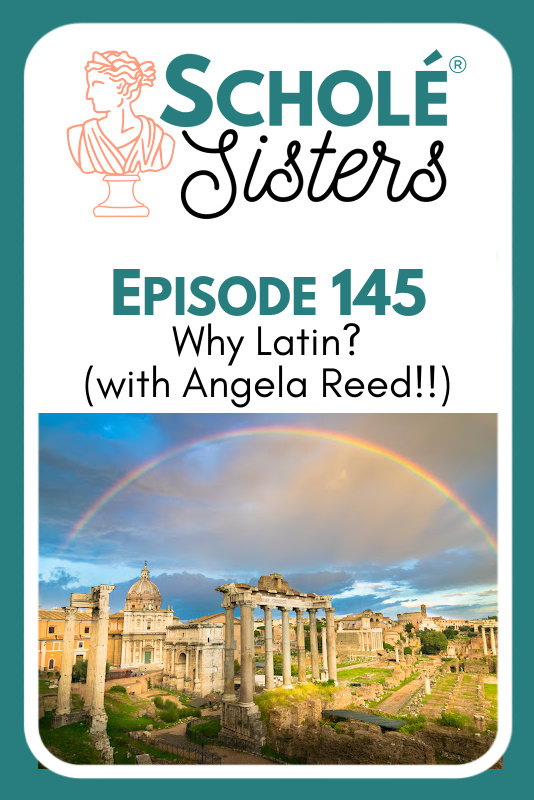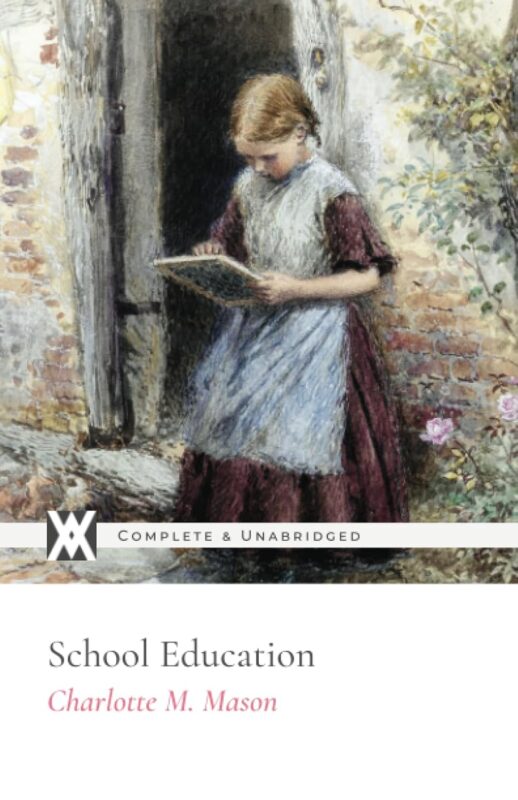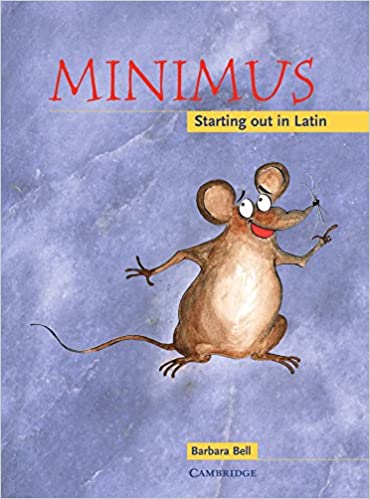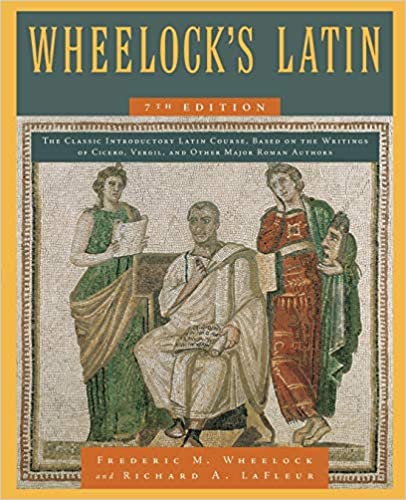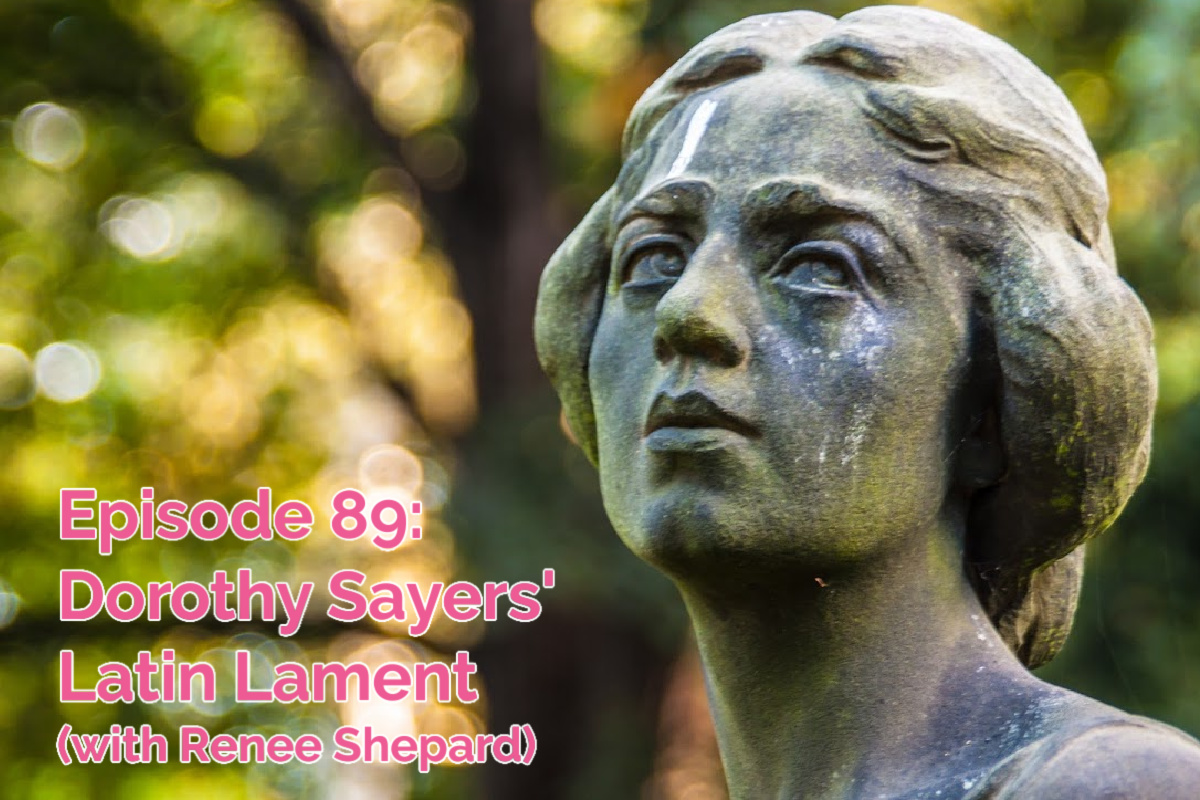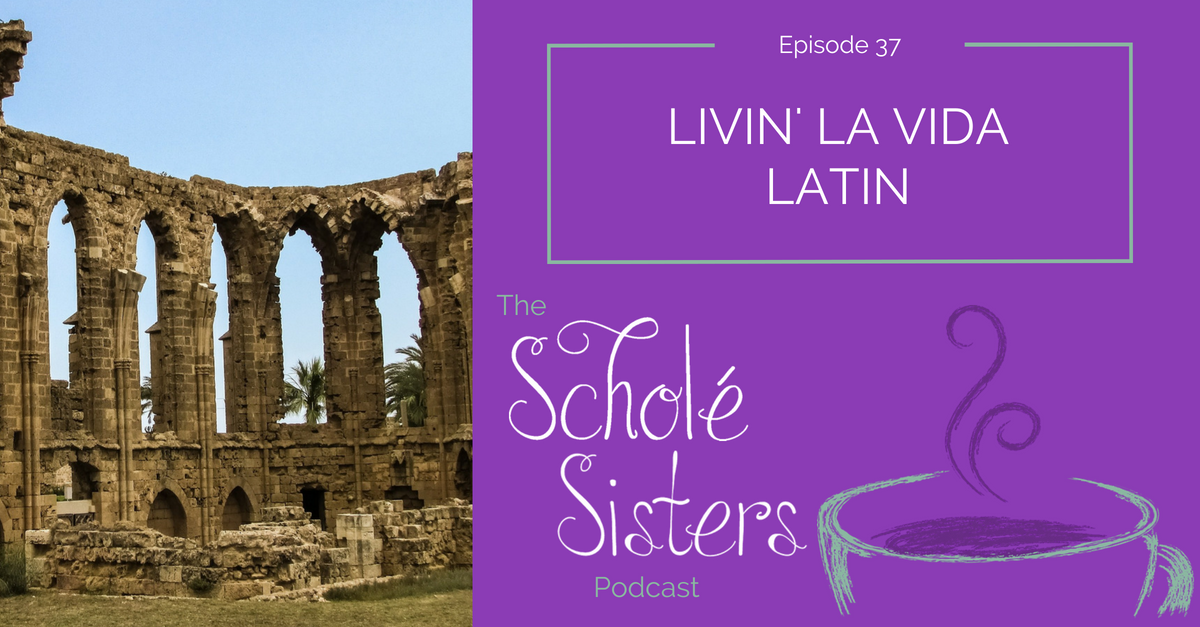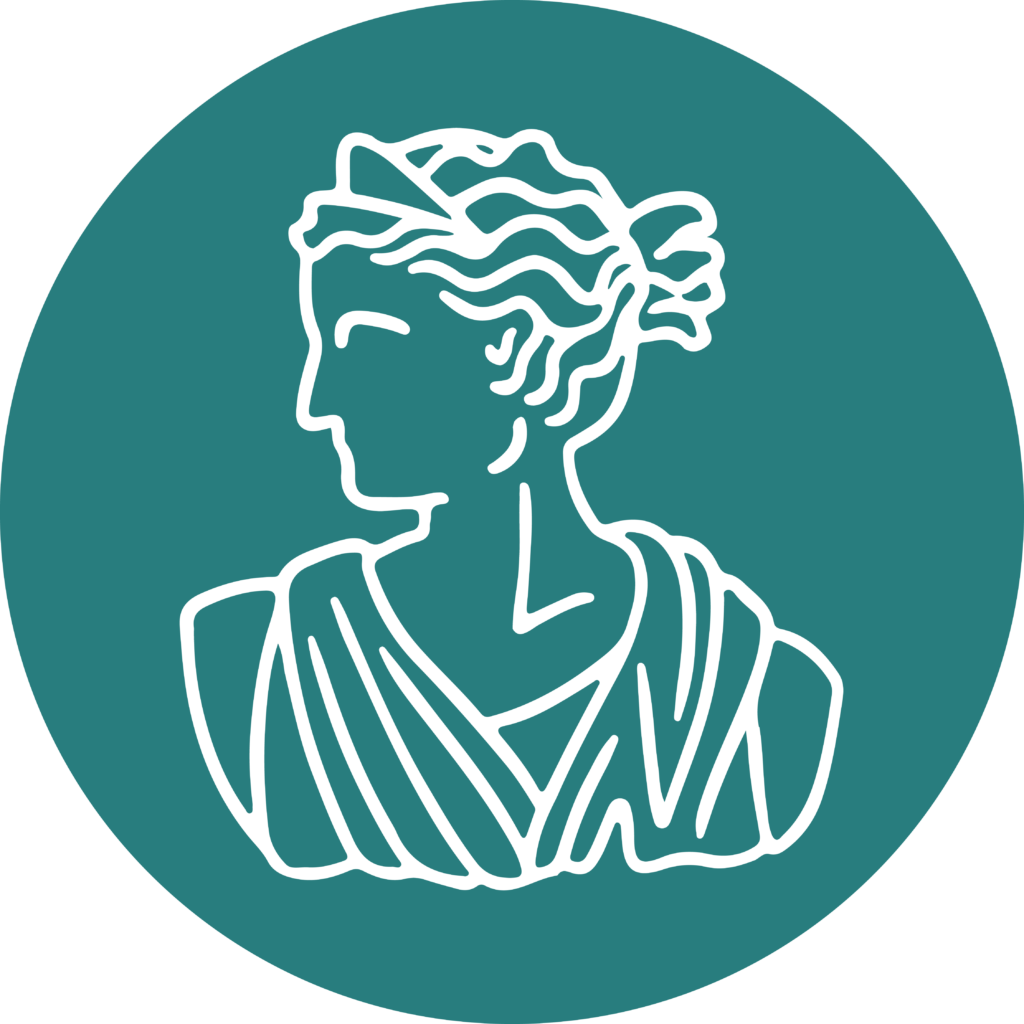SS#145 – Why Latin?? (with Angela Reed!)
Why should we still study Latin?
If you’ve spent any time trying to be classical, you’ve probably wondered this yourself and certainly been asked about it. Latin is hard. Why bother?
Today we have Angela Reed back on the show to tell us how her defense of the study of Latin has evolved and shifted over her many years of loving and teaching Latin.
Learning Latin in Classical Education
Today’s Hosts and Source
Angela Reed has been a student of lingua Latina and classical civilization for over twenty-five years. She started on this path in high school when she took her first Latin class and, for extra credit, joined the Latin club. She has been enthusiastically carrying a classical torch ever since. When she first encountered the educational philosophy of Charlotte Mason, it was not long before she began to study how Latin fit within it. This research led to some surprising insights, experimentation in the classroom, and a new direction for her teaching: Living Latin Lessons—live online classes offering a Charlotte Mason approach to Latin. She and her husband live in Florida and share a life of books, music, and outdoor adventures with their five children.
Scholé Everyday: What We’re Reading
Foxe’s Book of Martyrs, edited by Paul Meier
Mystie is feeling convicted of cowardice.
Dirty Genes, Benjamin Lynch
Brandy is reading about epigenetics and personalizing health care.
Travels with Charlie, John Steinbeck
Angela is reading Steinbeck’s travelogue with reflections on geography and regional differences.
Teaching Latin
Angela Reed currently teaches private online Latin classes, primarily to homeschooled students from various parts of the world. Her journey began with a love for teaching and a fascination with Latin itself. Her passion for learning Latin enriches her teaching it and her student’s experience of it.
Angela’s teaching methods as well as her defense for Latin have evolved significantly over the years. Initially, she held to the traditional grammar-translation approach, which demands high precision and attention to detail. However, she has since transitioned to a more holistic and relational method inspired by Charlotte Mason’s educational philosophy. This shift includes incorporating oral Latin, emphasizing language acquisition as well as learning Latin within its historical, cultural context.
Angela’s students don’t just learn Latin. They experience ancient culture and history in new ways. She wants them to leave her classes not only with Latin skills but also with a genuine fascination for the subject.
Latin and Narration
A key component of Angela’s approach is narration. Narration involves students telling back stories in Latin, thereby engaging multiple senses and reinforcing their understanding. Angela uses engaging stories, such as those from the Cambridge Latin Course, to provide a narrative framework for her students.
Latin builds relationships
Angela believes that the reason classical educators should teach Latin goes beyond understanding root words or improving SAT scores. Latin, learned as a real language, develops within us a relationship with the past. By studying Latin, students connect with ancient Roman culture, history, and literature. This connection enriches their understanding of Western civilization and provides a deeper appreciation of their cultural heritage.
Latin cultivates many connections and relationships for its students:
Cultural Connection: Learning Latin provides a unique opportunity to connect with ancient Roman culture, enriching one’s understanding of Western civilization and its roots.
Holistic Learning: Approaching Latin through narratives, oral practice, and cultural context makes the learning process more engaging and effective.
Enhanced Language Skills: While Latin helps improve understanding of English and other languages through root words and grammatical structures, its value lies beyond linguistic benefits.
Personal Enrichment: Studying Latin fosters a deeper appreciation for history, literature, and cultural inheritance, making it a valuable educational pursuit.
Lifelong Interest: A well-rounded Latin education can spark a lifelong interest in ancient cultures and languages, providing intellectual and personal enrichment.
Latin Grammar Isn’t the Key
We need more treatment of Latin as a language, because there is this just natural ability that students have, that we have as people, to acquire a language through our ear, and not just through our eye.
Angela Reed, episode 145
Angela emphasizes the natural ability students possess to acquire language through listening and not just reading. She believes that fostering natural familiarity with the sounds of Latin can enhance students’ overall grasp of the language. For many learners, engaging with Latin through their ears can make the language feel more alive and accessible, much like modern languages are most naturally learned.
Her method contrasts sharply with conventional Latin pedagogy, which often focuses heavily on grammar and reading comprehension. By reintroducing Latin as a spoken language in the classroom, Angela aims to activate students’ innate linguistic abilities, making the learning process more holistic and intuitive.
In essence, Angela’s dynamic approach seeks to transform how students experience Latin, breathing new life into an ancient language by truly experiencing it as a rich language embedded with cultural meaning.
Mentioned in the Episode
Listen to related episodes:
SS #89: Dorothy Sayers’ Latin Lament
SS #84: Passport to Foreign Language
SS #37: Livin’ La Vida Latin (with Angela Reed!)
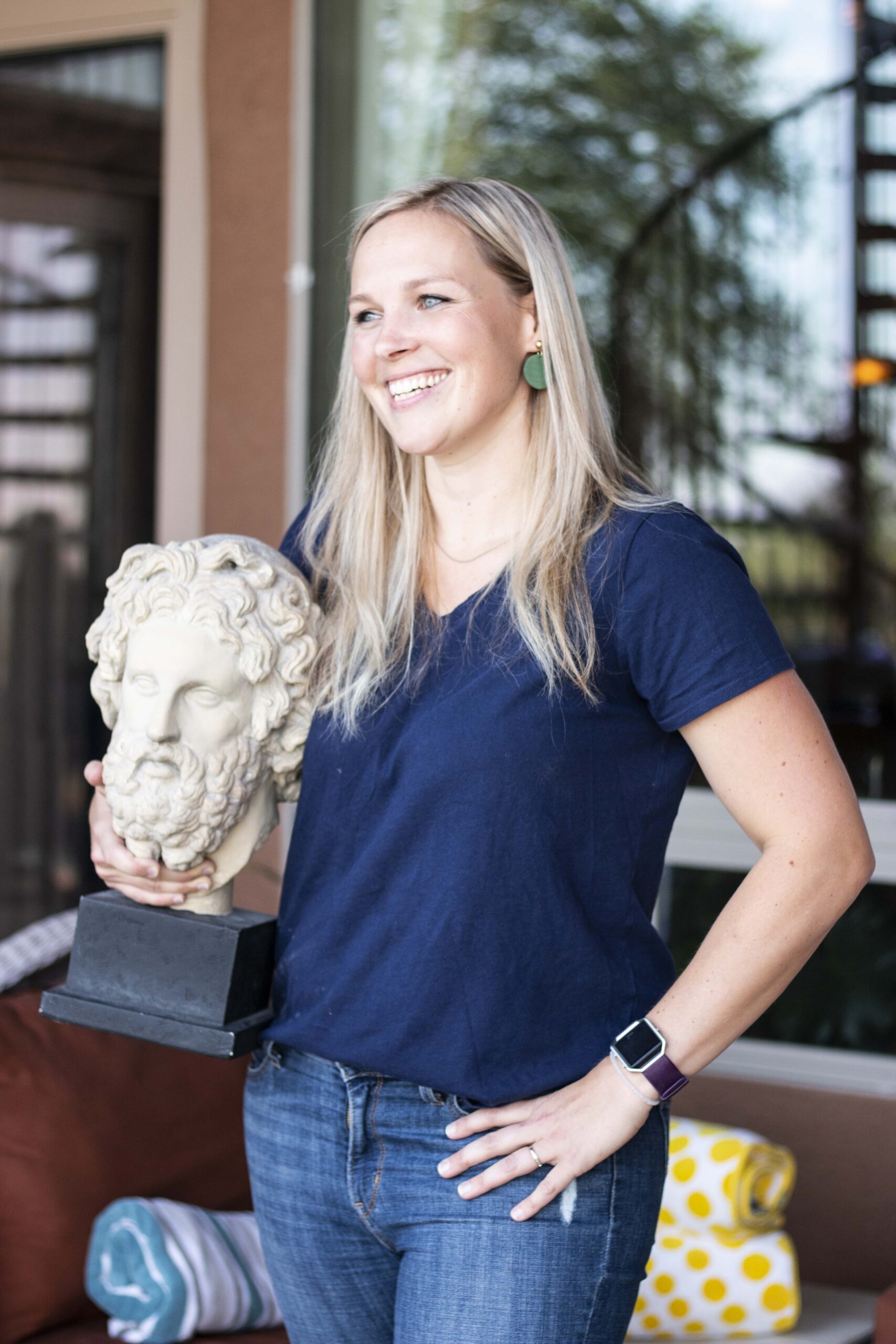
Be a part of the conversation!
Discuss this podcast with other moms inside Sistership.

